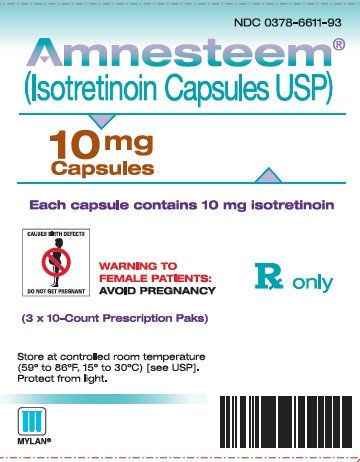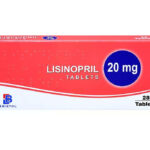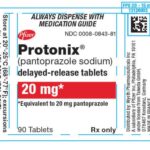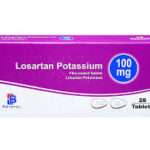What Are The Common Side effects of Amnesteem?

Isotretinoin, also known as 13-cis-retinoic acid and sold under the brand name Amnesteem and Accutane among others, is a medication primarily used to treat severe acne. It is also used to prevent certain skin cancers, and in the treatment of other cancers. Isotretinoin is a closely monitored medication, and though considered safe by most, it requires patients to have monthly check-ins with their physician to monitor their health and well-being.
How should Amnesteem be used?
Isotretinoin comes as a capsule to take by mouth. Isotretinoin is usually taken twice a day with meals for 4 to 5 months at a time. Follow the directions on your prescription label carefully, and ask your doctor or pharmacist to explain any part you do not understand. Take Amnesteem exactly as directed. Do not take more or less of it or take it more often than prescribed by your doctor.
Swallow the capsules whole with a full glass of liquid. Do not chew, crush, or suck on the capsules.
Your doctor will probably start you on an average dose of isotretinoin and increase or decrease your dose depending on how well you respond to the medication and the side effects you experience. Follow these directions carefully and ask your doctor or pharmacist if you are not sure of how much Amnesteem you should take.
It may take several weeks or longer for you to feel the full benefit of Amnesteem. Your acne may get worse during the beginning of your treatment with Amnesteem. This is normal and does not mean that the medication is not working. Your acne may continue to improve even after you finish your treatment with isotretinoin.
What side effects can Amnesteem cause?
The most common side effects of Amnesteem can include include:
- dry nose that may lead to nosebleeds.
- dry skin
- chapped lips
- dry eyes.
Tell your doctor if any of these symptoms are severe or do not go away:
- red, cracked, and sore lips
- dry skin, eyes, mouth, or nose
- nosebleeds
- changes in skin color
- peeling skin on the palms of the hands and soles of the feet
- changes in the nails
- slowed healing of cuts or sores
- bleeding or swollen gums
- hair loss or unwanted hair growth
- sweating
- flushing
- voice changes
- tiredness
- cold symptoms
Some side effects can be serious. If you experience any of the following symptoms, stop taking isotretinoin and call your doctor or get emergency medical treatment immediately:
- headache
- blurred vision
- dizziness
- nausea
- vomiting
- seizures
- slow or difficult speech
- weakness or numbness of one part or side of the body
- stomach pain
- chest pain
- difficulty swallowing or pain when swallowing
- new or worsening heartburn
- diarrhea
- rectal bleeding
- yellowing of the skin or eyes
- dark colored urine
- back, bone, joint or muscle pain
- muscle weakness
- difficulty hearing
- ringing in the ears
- vision problems
- painful or constant dryness of the eyes
- unusual thirst
- frequent urination
- trouble breathing
- fainting
- fast or pounding heartbeat
- red, swollen, itchy, or teary eyes
- fever
- rash
- peeling or blistering skin, especially on the legs, arms, or face
- sores in the mouth, throat, nose, or eyes
- red patches or bruises on the legs
- swelling of the eyes, face, lips, tongue, throat, arms, hands, feet, ankles, or lower legs
- difficulty swallowing or pain when swallowing
Isotretinoin may cause the bones to stop growing too soon in teenagers. Talk to your child’s doctor about the risks of giving this medication to your child.





